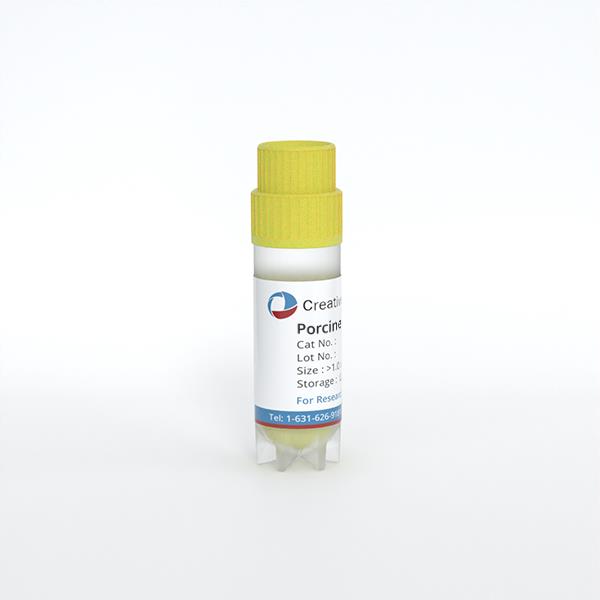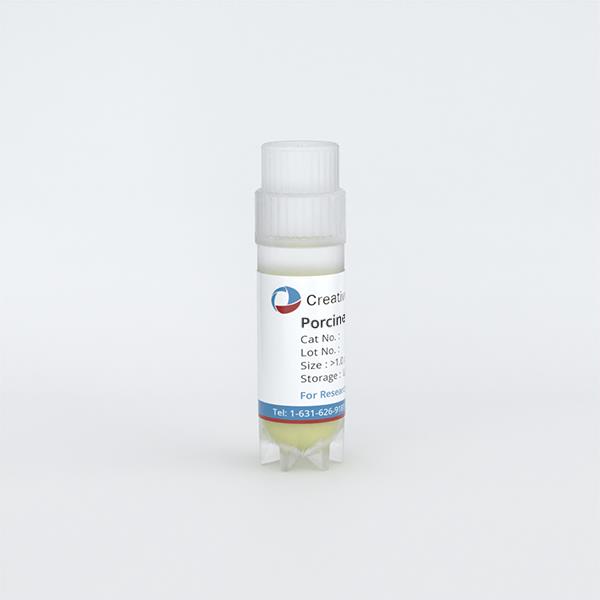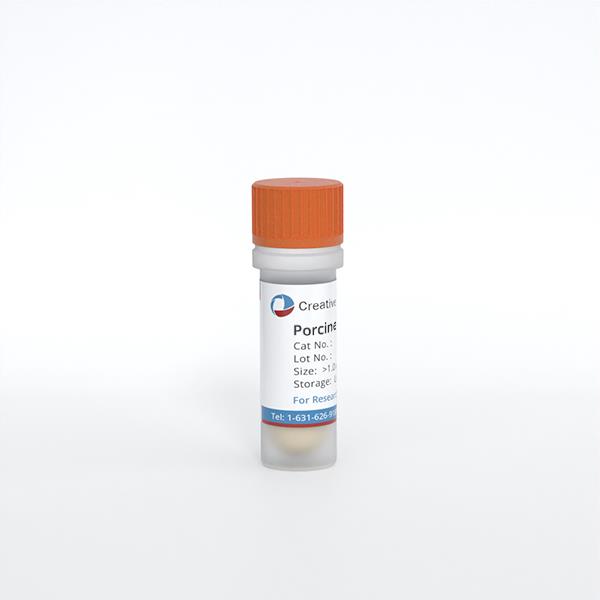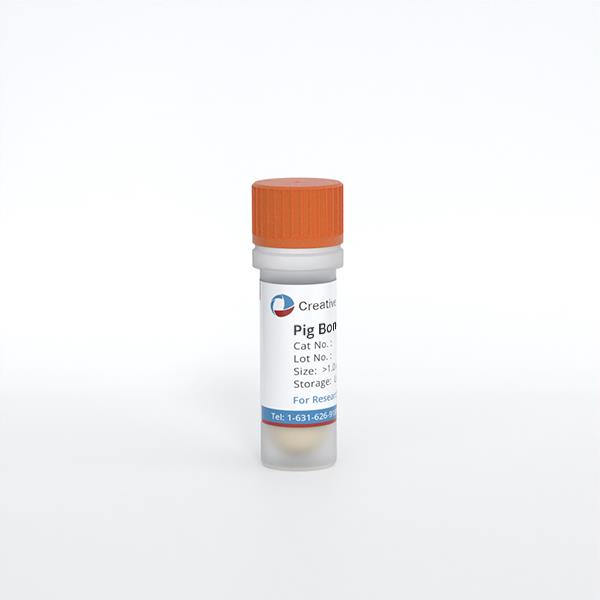Description
Porcine Prostate Microvascular Endothelial Cells from Creative Bioarray are isolated from prostate tissue of porcine. Porcine Prostate Microvascular Endothelial Cells are grown in T25 tissue culture flasks pre-coated with gelatin-based coating solution for 2 min and incubated in Creative Bioarray’ Culture Complete Growth Medium generally for 3-7 days. Cultures are then expanded. Prior to shipping, cells are detached from flasks and immediately cryo-preserved in vials. Each vial contains at least 0.5x10^6 cells per ml and are delivered frozen. The method we use to isolate endothelial cells was developed based on a combination of established and our proprietary methods. These cells are pre-coated with PECAM-1 antibody, following the application of magnetic pre-coated with secondary antibody.
Cell Type
Endothelial Cell; Microvascular Cell
Quality Control
Porcine Prostate Microvascular Endothelial Cells are tested for uptake of Dil-Ac-LDL (Catalog No. L-35353, Invitrogen), a functional marker for endothelial cells. Porcine Prostate Microvascular Endothelial Cells are negative for bacteria, yeast, fungi and mycoplasma. Cells can be expanded for 3-5 passages at a split ratio of 1:2 under the cell culture conditions specified by Creative Bioarray. Repeated freezing and thawing of cells is not recommended.
Storage and Shipping
Creative Bioarray ships frozen cells on dry ice. On receipt, immediately transfer frozen cells to liquid nitrogen (-180 °C) until ready for experimental use. Live cell shipment is also available on request.
Never can primary cells be kept at -20 °C.
Citation Guidance
If you use this products in your scientific publication, it should be cited in the publication as: Creative Bioarray cat no.
If your paper has been published, please click here
to submit the PubMed ID of your paper to get a coupon.
What is the reason for the broken bottle, cracked cap, or detached cap of the frozen tube received?
The cracked cap of the frozen tube or the broken bottle may be caused by the improper force of the operator when clamping the frozen tube, resulting in the cracking of the frozen tube. In addition, the loose cap of the frozen tube is a physical phenomenon of thermal expansion and contraction, which may cause cell contamination of the frozen tube.



